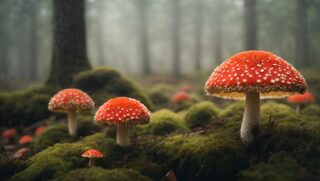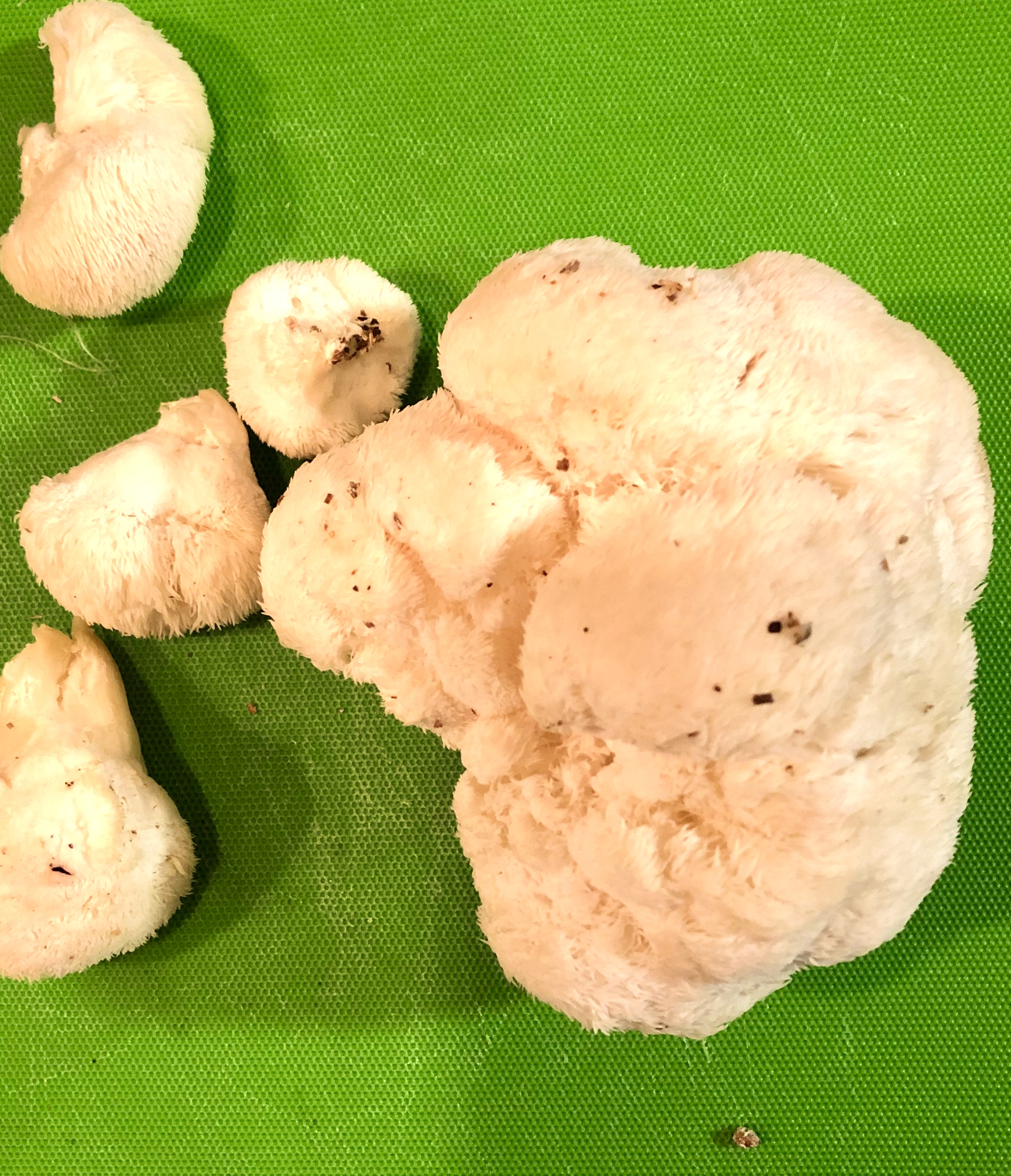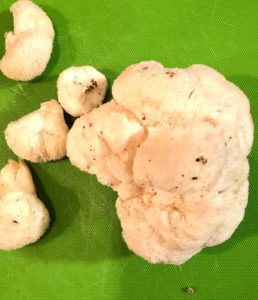Of all the cultural icons we associate with Christmas, few are as universally recognized as Santa Claus. He’s a jolly figure who lives at the North Pole, spends most of his time making toys, and on Christmas Eve delivers them to children all over the world. But did you know that Santa Claus is also associated with psychedelic mushrooms? That’s right: the man in the red suit might not be as straight-laced as he’d like us to think. There is, in fact, a long and fascinating history of mushrooms and other hallucinogens being connected to the myth of Santa Claus.

Amanita Muscaria
Many cultures around the world have used psychoactive plants and fungi in their spiritual practices for centuries, and the story of Santa Claus is no exception. In ancient pre-Christian Europe, groups of people would gather in the winter months and ingest Amanita muscaria mushrooms, to experience altered states of mind. These mushrooms are bright red and white, and resemble the stereotypical image of Santa Claus. They contain a powerful psychoactive chemical called muscimol, which can cause hallucinations and feelings of euphoria.
Some scholars argue that these shamanic practices eventually came to be associated with the Christian holiday of Christmas. For example, the Santa Claus figure that we know today has several similarities with the Norse god Odin, who was sometimes depicted wearing a long red robe and carrying a staff. Odin also had a pair of magical reindeer who could fly, just like Santa’s famous team. And, like Odin, Santa is often depicted as being able to reward good behaviour or punish bad behaviour.

Saint Nicholas
Another theory is that the connection between Santa Claus and mushrooms is related to the story of Saint Nicholas, the Christian bishop who is the inspiration for the modern-day Santa Claus. According to some accounts, Saint Nicholas was once faced with the task of saving a town from starvation. He sprinkled bags of grain into the chimneys of every house in the town, and the grain would land in shoes that were drying beside the hearth. This miraculous act of charity might have been inspired by the shamanic use of mushrooms, which were often dried and then hung over the fireplace.
One thing is for certain: the link between Santa Claus and psychedelic mushrooms is not a recent invention. In the 1960s, when psychedelic drugs were becoming more popular in Western culture, some counterculture figures began to explore the idea that Santa Claus was actually a symbol of an ancient shamanic tradition. The Grateful Dead even wrote a song about “Saint Stephen with a rose, in and out of the garden he goes,” which is believed to be a reference to Saint Stephen (a Christian martyr) and the use of hallucinogenic plants in spiritual practices.
Conclusion
So, does Santa Claus actually take psychedelic mushrooms? Probably not – at least, not in the way that we might imagine. However the connection between mushrooms and the Santa Claus myth is a fascinating one, and it speaks to the long and complex history of human relationships with psychoactive substances. Whether or not there is a direct link between Santa Claus and mushrooms, it’s clear that there is much more to the story of this beloved holiday figure than we might have thought. So next time you see Santa’s red and white outfit, take a moment to consider the mysterious and colorful history behind it – who knows what other secrets it might hold?








